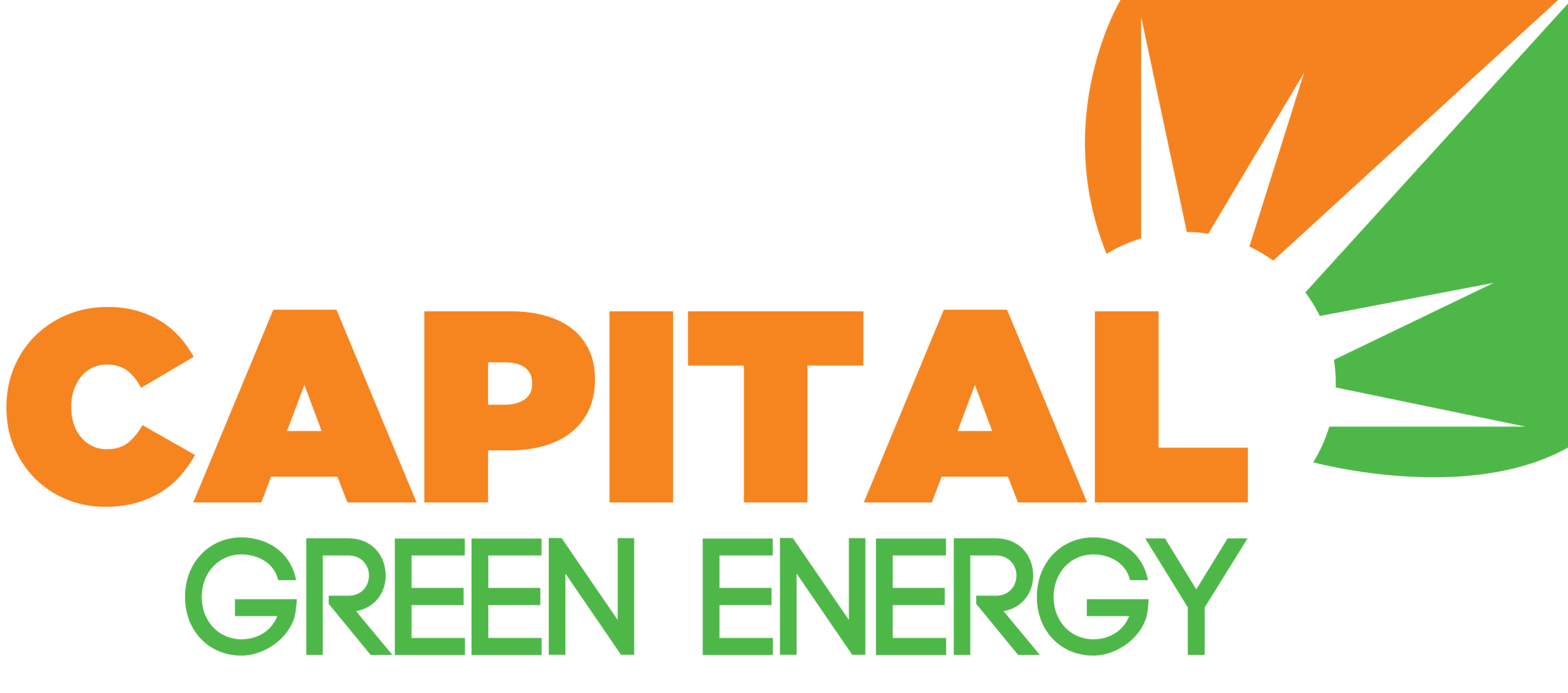As the demand for solar energy accelerates, strengthening the solar supply chain becomes increasingly important. A resilient supply chain ensures that solar projects can be delivered on time and within budget, ultimately supporting the transition to renewable energy. Here are several strategies to enhance the robustness of the solar supply chain:
Diversifying Suppliers
Relying on a limited number of suppliers can lead to vulnerabilities, especially during times of material shortages or price fluctuations. By diversifying suppliers for key components, such as solar panels and inverters, companies can mitigate risks and ensure a more stable supply. This approach also encourages healthy competition, potentially lowering costs for consumers.
Investing in Local Manufacturing
Supporting local manufacturing initiatives can significantly enhance supply chain resilience. By producing solar components domestically, companies can reduce transportation costs and lead times while fostering job creation within the community. Local production also minimizes the environmental impact associated with long-distance shipping, aligning with sustainability goals.
Emphasizing Research and Development
Continued investment in research and development (R&D) is vital for advancing solar technology and optimizing production processes. Innovations in materials, manufacturing techniques, and energy storage solutions can enhance the efficiency and reliability of solar components, ultimately leading to more cost-effective systems for consumers.
Strengthening Collaboration
Collaboration among stakeholders in the solar industry, including manufacturers, installers, and policymakers, is essential for addressing supply chain challenges. By fostering open communication and partnerships, the industry can better navigate issues such as regulatory hurdles and resource availability, leading to more streamlined processes and improved project outcomes.
Enhancing Logistics and Distribution
Efficient logistics and distribution networks are crucial for managing the flow of solar components from manufacturers to installers. Investing in advanced logistics technologies and strategies can help companies respond quickly to market demands, minimizing delays and ensuring timely project completion.
Focusing on Sustainability
Sustainability should be a core principle of the solar supply chain. This includes not only the materials used in solar components but also the environmental impact of manufacturing processes and transportation. By prioritizing sustainable practices, the solar industry can enhance its credibility and appeal to environmentally conscious consumers.
Conclusion
The solar supply chain is a vital component of the renewable energy landscape, and strengthening it is essential for the future growth of the industry. By implementing strategies such as diversifying suppliers, investing in local manufacturing, and fostering collaboration, stakeholders can build a more resilient and efficient supply chain. As we continue to embrace solar energy, a robust supply chain will play a key role in ensuring the successful deployment of solar technologies, ultimately contributing to a cleaner, more sustainable future for Australia and the world.
